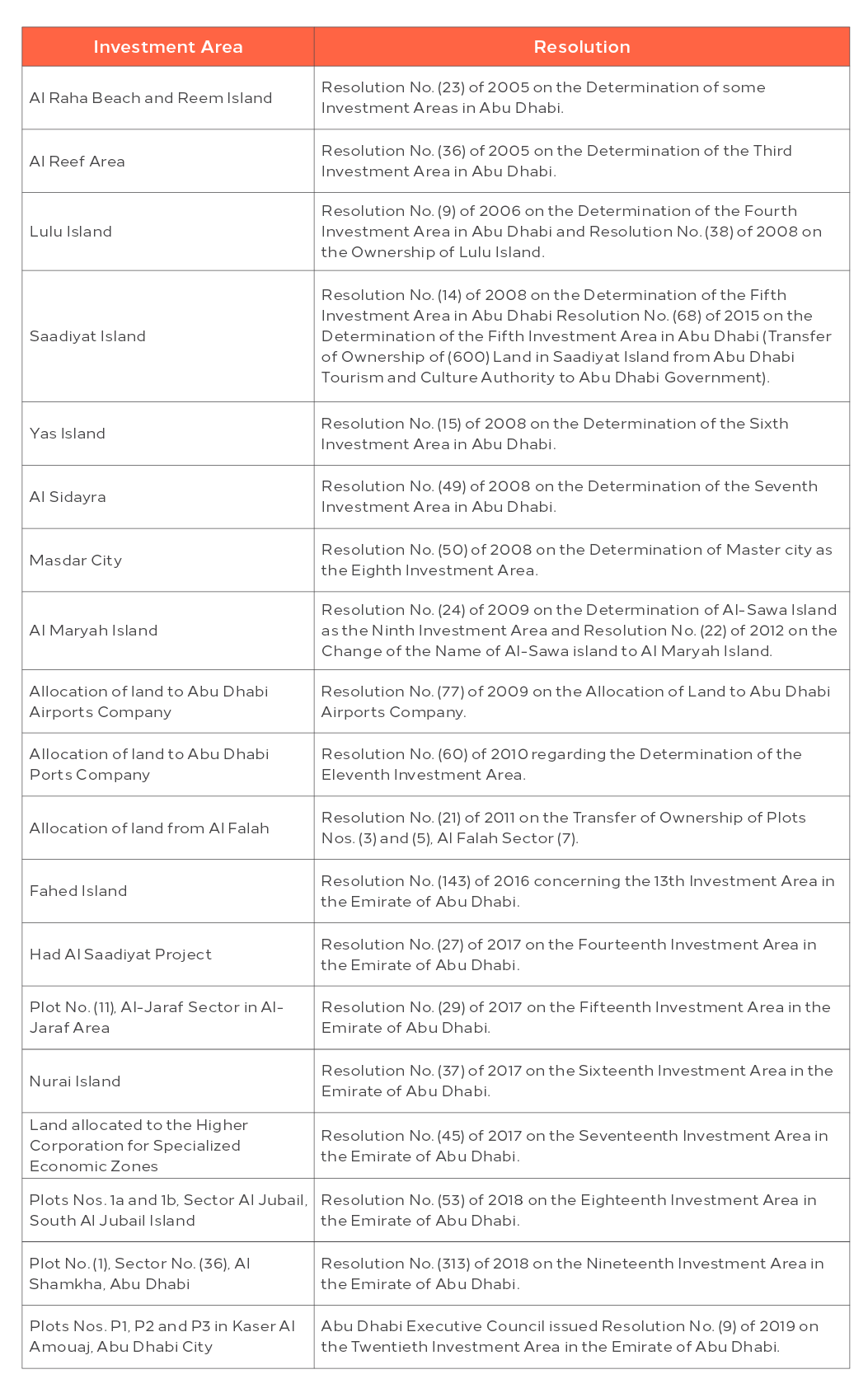- Arbitration
- Banking & Finance
- Capital Markets
- Commercial
- Competition
- Construction & Infrastructure
- Corporate / Mergers & Acquisitions
- Corporate Services
- Corporate Structuring
- Digital & Data
- Dispute Resolution
- Employment & Incentives
- Family Business & Private Wealth
- Innovation, Patents & Industrial Property (3IP)
- Insurance
Find a Lawyer
Book an appointment with us, or search the directory to find the right lawyer for you directly through the app.
Find out more
Level Up: Unlocking Financial Potential In The Middle East
Welcome to this edition of Law Update, where we focus on the ever-evolving landscape of financial services regulation across the region. As the financial markets in the region continue to grow and diversify, this issue provides timely insights into the key regulatory developments shaping banking, investment, insolvency, and emerging technologies.


2025 is set to be a game-changer for the MENA region, with legal and regulatory shifts from 2024 continuing to reshape its economic landscape. Saudi Arabia, the UAE, Egypt, Iraq, Qatar, and Bahrain are all implementing groundbreaking reforms in sustainable financing, investment laws, labor regulations, and dispute resolution. As the region positions itself for deeper global integration, businesses must adapt to a rapidly evolving legal environment.
Our Eyes on 2025 publication provides essential insights and practical guidance on the key legal updates shaping the year ahead—equipping you with the knowledge to stay ahead in this dynamic market.
The leading law firm in the Middle East & North Africa region.
A complete spectrum of legal services across jurisdictions in the Middle East & North Africa.
-
Practices
- All Practices
- Banking & Finance
- Capital Markets
- Commercial
- Competition
- Construction & Infrastructure
- Corporate / Mergers & Acquisitions
- Corporate Services
- Corporate Structuring
-
Sectors
-
Country Groups
-
Client Solutions
Today's news and tomorrow's trends from around the region.
17 offices across the Middle East & North Africa.
Our Services
 Back
Back
-
Practices
- All Practices
- Banking & Finance
- Capital Markets
- Commercial
- Competition
- Construction & Infrastructure
- Corporate / Mergers & Acquisitions
- Corporate Services
- Corporate Structuring
- Digital & Data
- Dispute Resolution
- Employment & Incentives
- Family Business & Private Wealth
- Innovation, Patents & Industrial Property (3IP)
- Insurance
- Intellectual Property
- Legislative Drafting
- Private Client Services
- Private Equity
- Private Notary
- Projects
- Real Estate
- Regulatory
- Tax
- Turnaround, Restructuring & Insolvency
- White Collar Crime & Investigations
-
Sectors
-
Country Groups
-
Client Solutions

- Law Firm
- /
- Insights
- /
- Law Update
- /
- August 2019
- /
- Foreign Ownership of Land in Abu Dhabi: A Major Reform
Foreign Ownership of Land in Abu Dhabi: A Major Reform
Opening Freehold Ownership of Land within Investment Areas to Foreigners
On 16 April 2019, the Abu Dhabi Government issued Law No. (13) of 2019 amending certain provisions of Law No. (19) of 2005 on Real Estate Ownership (‘Law’). The Law implements major changes to the rules on foreign ownership of real estate in the Emirate of Abu Dhabi (Abu Dhabi city, Al Ain and the Western Region).
Effective from 16 April 2019, foreign individuals (non-UAE/non-GGC nationals) and companies wholly or partially owned by such individuals (‘Foreign Owners’) can now own freehold interests in land located within the investment areas of the Emirate of Abu Dhabi (see list of investment areas below). Freehold ownership means ownership of land to the exclusion of all others, that is unrestricted in time. It is a superior interest to the rights previously available to Foreign Owners.
Prior to the issuance of the Law, while Foreign Owners were able to own freehold interest/title to apartments, offices, villas and other real estate units, a Foreign Owner’s interest, in respect of land, was limited to a Musataha (a concept akin to a long term development right), a usufruct (a long term use right) and long term lease, each for a period not exceeding 99 years.
Accordingly, pursuant to the Law, Foreign Owners may now own, acquire and dispose of all principal real rights (including freehold ownership) and accessory real property rights (including mortgage) over real estate properties located within the investment areas of Abu Dhabi.
The Law also extends the right for public joint stock companies to own a freehold interest in land and property anywhere in the Emirate of Abu Dhabi, provided that at least 51 percent of such companies is owned by UAE nationals (‘Qualifying PJSC’).
We understand that Foreign Owners and Qualifying PJSCs that currently have a leasehold, usufruct or Musataha interest registered on the Real Estate Register in respect of land within the relevant areas will be able to apply for the conversion of such interests into a freehold title. The Department of Urban Planning and Municipalities will set out the requirements, procedures and fees payable (if any) for converting a leasehold interest into a freehold title.
Controls over Disposals of Real Estate subject to Musataha or Usufruct
The Law also restricts a freehold owner from dealing with land that is subject to Musataha or usufruct rights.
In accordance with the Law, a holder of a usufruct or Musataha right for a term exceeding ten years may, without the freehold owner’s consent, dispose of such right, including by way of mortgage, and the freehold owner of the land may not mortgage the same, except with the consent of the holder of the usufruct or Musataha right. In either case, the parties may agree otherwise.
Investment Areas of Abu Dhabi
A current list of the main investment areas in the Emirate of Abu Dhabi is set out below:

Al Tamimi & Company’s Real Estate team regularly advises on real estate investment in Abu Dhabi. For further information please contact Maha Dahoui (m.dahoui@tamimi.com) or David Bowman (d.bowman@tamimi.com).
Stay updated
To learn more about our services and get the latest legal insights from across the Middle East and North Africa region, click on the link below.



